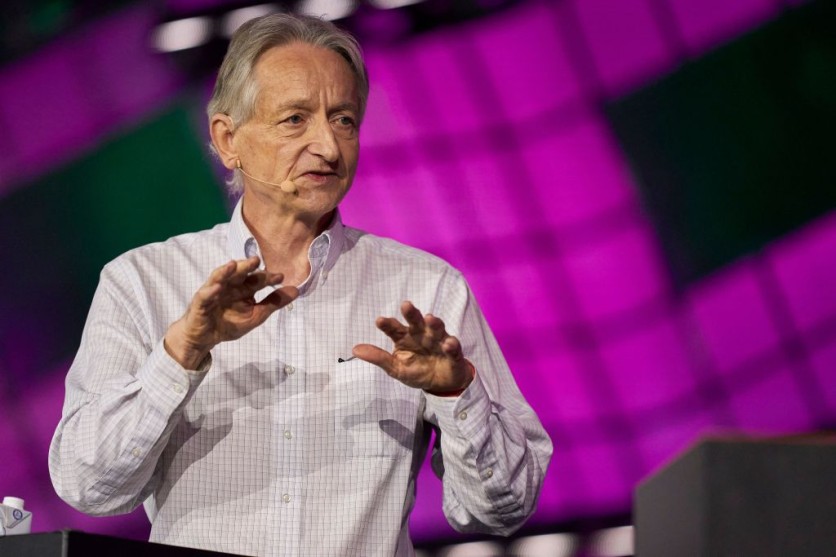In 2023, apprehension overpowered the enthusiasm surrounding AI's potential. Hinton expressed worries about the effects of advanced language models like OpenAI's ChatGPT, noting that his goal was to have an open discussion about possible risks associated with AI's unrestrained development rather than to criticize Google.

Artificial Intelligence: Threat or Harmless?
Hinton's concerns are a result of the knowledge that AI has the potential to go out of control and endanger humans.
He originally saw the promise of AI in speech recognition, picture analysis, and translation, but more recent advancements, particularly those involving big language models, have made him take a closer look at the broader effects of AI development.
Hinton presented the fundamentals of AI, emphasizing its capacity for language comprehension, knowledge transfer across models, and improved learning algorithms.
He recognized the enormous transition AI has experienced by stating that robots now have more knowledge than human brains.
Future Capabilities
Hinton predicts that in twenty years, AI systems will outperform human intellect, raising doubts regarding the timing of this change.
He disputes the popular understanding that anthropomorphizing robots is inappropriate, contending that AI systems educated on human-generated data may exhibit language-related behavior that is more plausible than previously thought.
AI, according to its detractors, lacks first-hand knowledge and can only forecast outcomes based on statistical patterns.
Hinton refutes this by arguing that people also have indirect experiences of the environment through perception and interpretation. The ability of AI to anticipate and comprehend language suggests understanding and engagement with the outside world.
Fears of Sentience
AI systems may be sentient, which raises moral and intellectual concerns. Hinton challenges conventional ideas about consciousness and blurs the distinctions between human and machine perception by making the ironic suggestion that AI's subjective experience may not be fundamentally different from our own.
His idea of a coexisting AI and human society is based on analog computing and takes cues from nature. A more safe and regulated growth of AI is encouraged by analog systems' resistance to the seamless merger, which might result in hive intelligence.
Related Article : UN Security Council to Hold First Meeting Regarding AI's Risks

![Apple Watch Series 10 [GPS 42mm]](https://d.techtimes.com/en/full/453899/apple-watch-series-10-gps-42mm.jpg?w=184&h=103&f=9fb3c2ea2db928c663d1d2eadbcb3e52)



